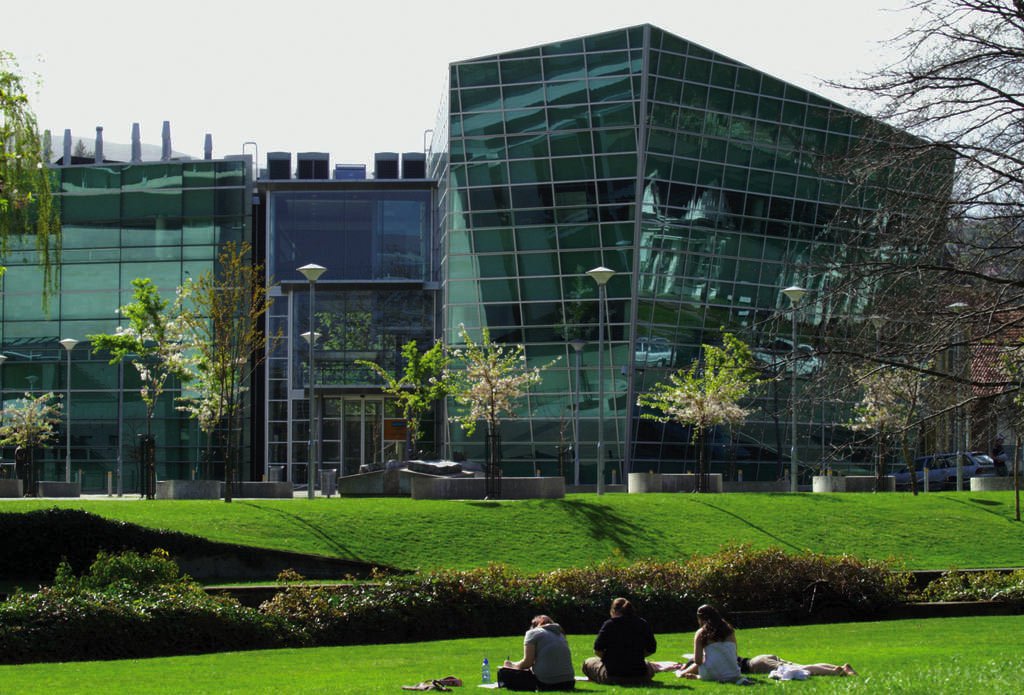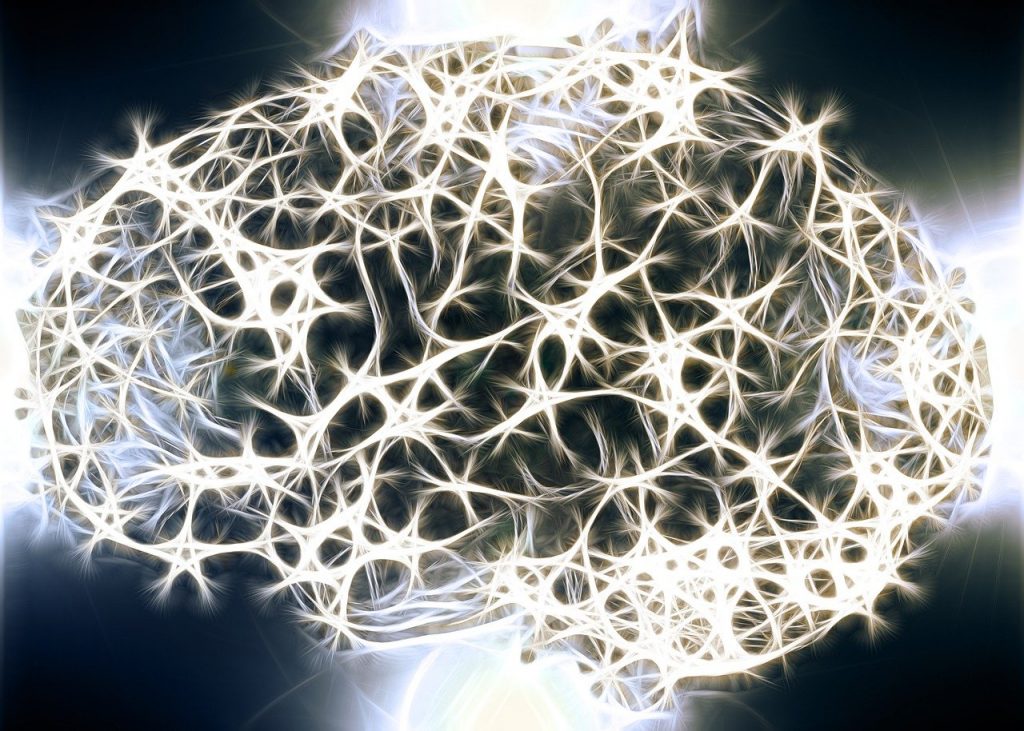Impact on
Institution
- Impact
- Impact on Institution
Impact on Institutions
Our work with Student Learning Research is centred on creating meaningful impact for students, teachers and the curriculum they navigate. On this page we focus on the impact at an Institutional level.

Research Areas
Peer Learning
Graduate Attributes
Academic Integrity
Metacognition / Critical Thinking
Doctoral Education
Peer Learning

Dr Tracy Rogers
“We have incorporated metacognition into the professional development programmes for tutors and demonstrators and academic teaching staff through the postgraduate paper, HEDU501 Critical Reflection on Higher Education. The Peer Learning Programmes support thousands of students each semester, therefore the effective study skills that students learn in PASS and the other programmes set them up for success because the metacognitive skills are transferable to other learning contexts.”
Academic Integrity

Dr Lee Adam
“My academic integrity research has informed academic integrity and academic misconduct policies at Otago; specifically, it informed changing our policy from a “Dishonest Practice Policy” to the current “Academic Integrity Policy” in 2015. Currently we are reviewing the policies again, and my research is underpinning this review.
My research also led the University to adopt the educative Epigeum Academic Integrity modules for staff and students. These modules are available to access on the UNIO101 Blackboard page.”
Graduate Attributes

Professor Rachel Spronken-Smith
“The national project on graduate outcomes led to the generation of a guide for institutions and heads of departments/programmes regarding how to embed graduate attributes into the institution and programmes respectively.
Programme coordinators have been assisted to embed graduate attributes across their courses through the use of the guides and facilitated conversations with teaching teams.
The projects on COVID-19 impacts on early career trajectories and doctoral graduate outcomes have led to the agreement that a personal development plan should be embedded in the PhD programme, so candidates can think about possible career options and professional development opportunities to target during study.”
Metacognition / Critical Thinking

Dr Tracy Rogers
“We have incorporated metacognition into the professional development programmes for tutors and demonstrators and academic teaching staff through the postgraduate paper, HEDU501 Critical Reflection on Higher Education. The Peer Learning Programmes support thousands of students each semester, therefore the effective study skills that students learn in PASS and the other programmes set them up for success because the metacognitive skills are transferable to other learning contexts.”
Wass, R., Rogers, T., Brown, K., Smith-Han, K., Tagg, J., Berg, D., & Gallagher, S. (2023). Pedagogical training for developing students’ metacognition: implications for educators. International Journal for Academic Development, pp. 1-14. doi:10.1080/1360144X.2023.2246442
Doctoral Education

Professor Rachel Spronken-Smith
“Our research on career preparedness of PhD graduates has pointed to the need for a cultural shift in institutions and departments, to be sure not to promote academia as the only ‘successful’ pathway. Graduate placements, irrespective of the sector they gain employment in should be recognised and celebrated.
The research on oral examinations has informed the development of guidelines and training for conveners of doctoral examinations.”
We'd love to hear from you!
Let's work together to create an impact at the institutional level of education.